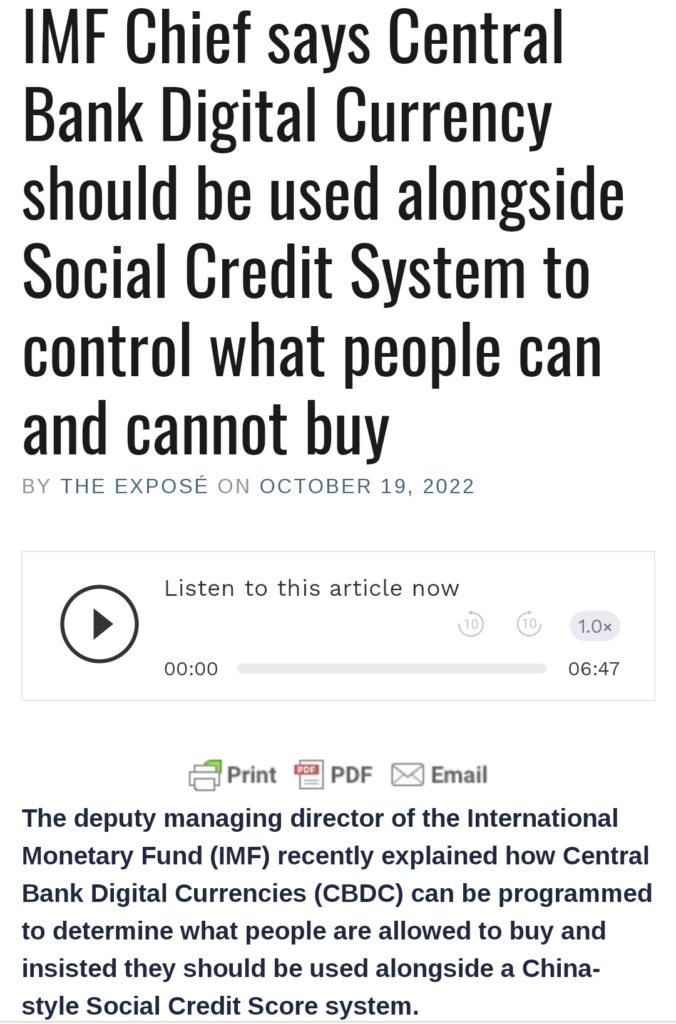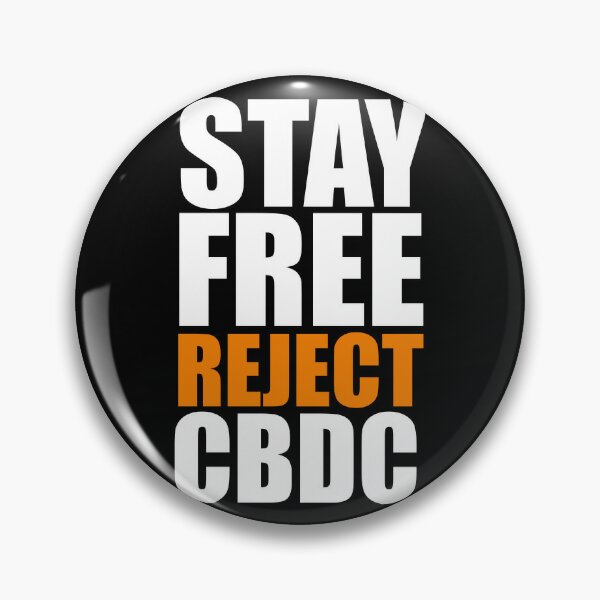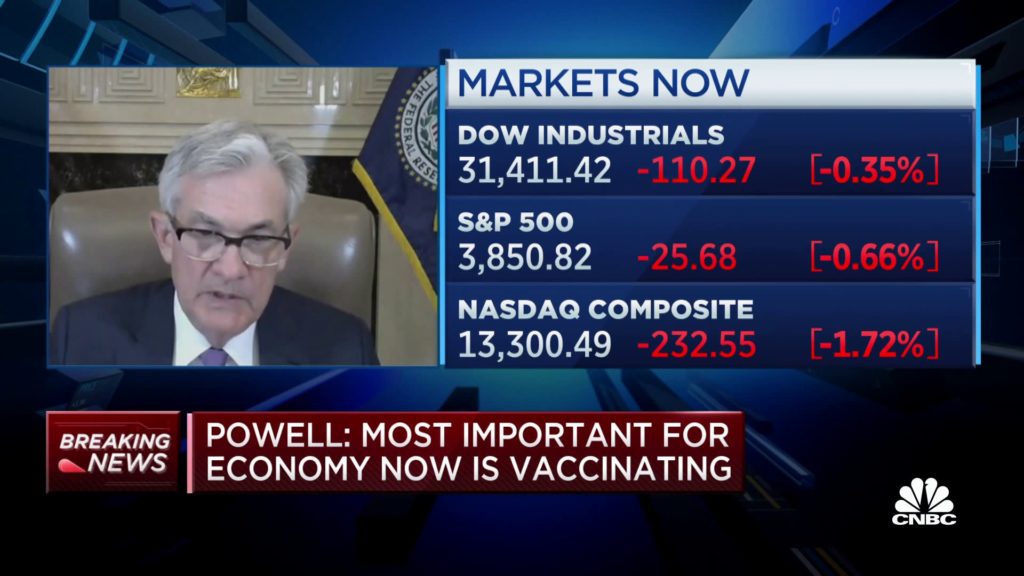- There is growing concern about the impact of Central Bank Digital Currencies (CBDCs) on financial freedom and personal liberties.
- Experts warn that CBDCs could lead to centralized control and surveillance, posing a threat to individual autonomy.
- Recent collaboration between Bank of America (BOA) and the FBI, targeting customers based on their purchases, adds to these concerns.
- The COVID-19 pandemic and related measures, like lockdowns and vaccine mandates, highlight the potential risks of centralized control.
- It is crucial to approach CBDCs with caution to protect individual liberties and privacy rights.
Central Bank Digital Currencies
(CBDCs) have sparked intense debates about their implications for financial freedom and personal liberties. To grasp the significance of CBDCs, it is important to understand the history of central banks and the Federal Reserve. This article explores the concerns raised by experts, emphasizing the potential risks of CBDCs and their impact on financial and personal freedom.
Central Banks and the Federal Reserve: Concentration of Power
Central banks, with their long history, have evolved into powerful institutions that shape monetary policies and control a country’s money supply. However, their origins have often been associated with concentrated power and influence. These institutions have faced criticism for their opaque decision-making processes, lack of accountability, and close connections with political and financial elites.
CBDCs: Balancing Control and Privacy
CBDCs have become the latest tool in the arsenal of central banks, representing a significant shift towards digital currencies. While proponents argue for efficiency and financial inclusion, critics warn that CBDCs could pose a significant threat to financial and personal freedom. The ability of central banks to monitor and control all financial transactions through CBDCs could lead to excessive government control and surveillance.

Bank of America’s Alleged Collaboration with the FBI: Privacy Concerns
Recent revelations of collaboration between Bank of America (BOA) and the FBI have raised further concerns about potential abuses of CBDCs. Whistleblower testimony suggests that BOA worked with the FBI to investigate customers who made purchases with BOA credit and debit cards around January 6. This collaboration between a private financial institution and a law enforcement agency raises concerns about privacy rights, due process, and the potential misuse of financial data.

COVID-19 Measures: Lessons on Centralized Control
The COVID-19 pandemic has necessitated unprecedented measures to mitigate the spread of the virus. Lockdowns, business closures, and public health mandates have been implemented globally. While these measures were intended to safeguard public health, they have also prompted questions about the extent of centralized control and its impact on individual freedoms. Additionally, vaccine mandates and other mitigation strategies have intensified debates surrounding personal autonomy and the concentration of power in the hands of centralized authorities. The swift implementation of these measures and the potential enforcement through CBDCs raise concerns about the erosion of civil liberties and the potential for abuse.

Preserving Financial and Personal Freedom
To protect financial and personal freedom, it is crucial to take action. Raising awareness about the potential risks of CBDCs and engaging in public discourse are essential initial steps. Individuals can explore alternative financial solutions, such as decentralized cryptocurrencies, which offer greater privacy and independence. Embracing digital sovereignty by maintaining control over personal hardware and knowledge can help safeguard against potential abuses of CBDCs.
The emergence of CBDCs has sparked concerns about financial and personal freedom. Understanding the origins and history of central banks and the Federal Reserve is essential to assess the risks associated with CBDCs. The allegations of collaboration between Bank of America and the FBI serve as a stark reminder of the potential abuses of centralized control. The COVID-19 pandemic and its associated measures, along with sustainability goals and climate change agendas, further emphasize the need for caution. By actively participating in public discourse, exploring alternative financial solutions, and embracing digital sovereignty, individuals can strive to protect their freedom in the face of an increasingly digitized financial landscape.
Moreover, it is important to consider the implications of a communist China-style social credit score system on Americans’ daily lives. Such a system would involve assessing and rating individuals based on their behavior, purchases, and activities, with the aim of influencing and controlling their actions. Americans could experience restrictions on their access to certain services, opportunities, or benefits based on their social credit score. This could affect their ability to secure loans, rent housing, find employment, travel, and even participate in certain social activities. The social credit score system would impact personal autonomy, privacy, and freedom of expression, potentially limiting individuals’ choices and opportunities in their daily lives. As such, it is crucial to protect against the implementation of such systems and ensure the preservation of individual freedoms and rights.
Sources:
The History of Central Banking in America – by Ryan DeLarme
Is FedNow a precursor to CBDCs, ‘totalitarian’ control? – Richard Werner – Kitco
2023: The ABCs Of CBDC, The Great Reset(s), & More Centralized Control | ZeroHedge
Central Bank Digital Currency | Cato Institute
CBDCs In Their Own Words: Technocrats Blackpill Us On The Future Of Money
Central Bank Digital Currencies Are About Control – They Should Be Stopped
Central Bank Digital Currency (CBDC) Tracker

